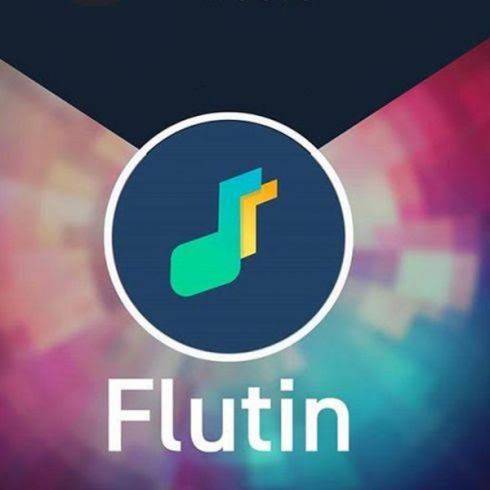
MUMBAI: Austin-based Christophe Lavigne had been working on his music for years, leading the rock band Arrows to Fire. Like a lot of indie artists, he’d done all he could, but the results were disheartening. An album’s worth of tracks on Spotify would garner less than 50 listeners.
Lavigne discovered Flutin, an app that tunes into users’ locations and habits, and things shifted. As his songs popped up in hundreds of thousands of users’ custom playlists, he got stream after stream, racking up half a million plays in just 10 days.
“Christophe had spent money on ads and boosts on social media, but was really struggling to find the right channel,” says Flutin CEO Vishu Gupta. “He was dealing with what lots of emerging musicians face in the market without a network. They struggle to find a relevant mass audience and build a financially viable career. On the other side, listeners who would love their music only search for what they have already heard. This is where we come in.”
Flutin uses AI to serve both musicians who want to reach new audiences and potential fans who want to find new music they didn’t know existed. Its mix of features and customization has sparked 9.7 mil downloads and keeps 370K daily users streaming an average of 3 mil tracks a day. The India-based app’s stunning rise in its home market has changed the careers and lives of dozens of independent Indian artists, in a scene overwhelmingly dominated by Bollywood heavyweights.
RII (Rina Charaniya) was able to build such a following via Flutin, racking up 3.5 mil streams. She caught the eye of T-Series (the Indian label and YouTube channel that has conquered the world). “Flutin promises just the right amount of exposure and a strong fan-base,” Charaniya says, “exactly what a budding artist needs."
RII’s story is music to Gupta’s ears. He knows firsthand the trials of indie music life, as a vocalist in a band when he was in college. “It was so hard to get gigs or sell music,” he recalls. “I really felt the lack of a platform that promoted emerging musicians and that didn’t require users to search for specific tracks they didn’t know existed.”
Flutin’s savvy use of data and ingenious approach to user experience ensures artists connect more often with fans. The app draws on geolocation, demographics, mood, user song preferences, and activity, to build highly personalized playlists with tracks from both well-known and new artists. For example, it will custom create a playlist for your daily morning run in your favorite park, with no ads and no subscription.
“We're tracking several key data points across our platform. Our AI takes information on the 'what', 'when', and 'where' factors from our users’ listening habits, including their interactions. We also supplement this data with the mood or feeling our users provide. The end result is a unique playlist for every unique individual,” explains Gupta. “If you’re listening to hip hop, we’ll insert artists similar to the hip hop artists you already listen to in your feed. Since the user has already been listening to similar music, the discovery unfolds really organically. They go ahead and listen to more music from this new artist, then often move to the artist’s profile to learn more.” Lavigne’s tracks, for example, popped up beside similar sounding and feeling rock favourites, and new fans were forged.
Flutin then provides easy ways in app for musicians to convert interest into revenue, taking a very modest share of the transaction. “Users find out about their new favourite artists’ concerts, buy tickets, and buy their merch,” Gupta notes. “Listeners get more relevant artists to enjoy, and emerging musicians’ careers start to change.”
Flutin is expanding in the US and is rolling out new tools to help artists based on its geo-location and other AI-powered insights. For musicians like Lavigne eager to jumpstart their fan engagement, its power is clear. “I found real fans in places I never expected, people I never would have been able to reach otherwise,” Lavigne reflects.